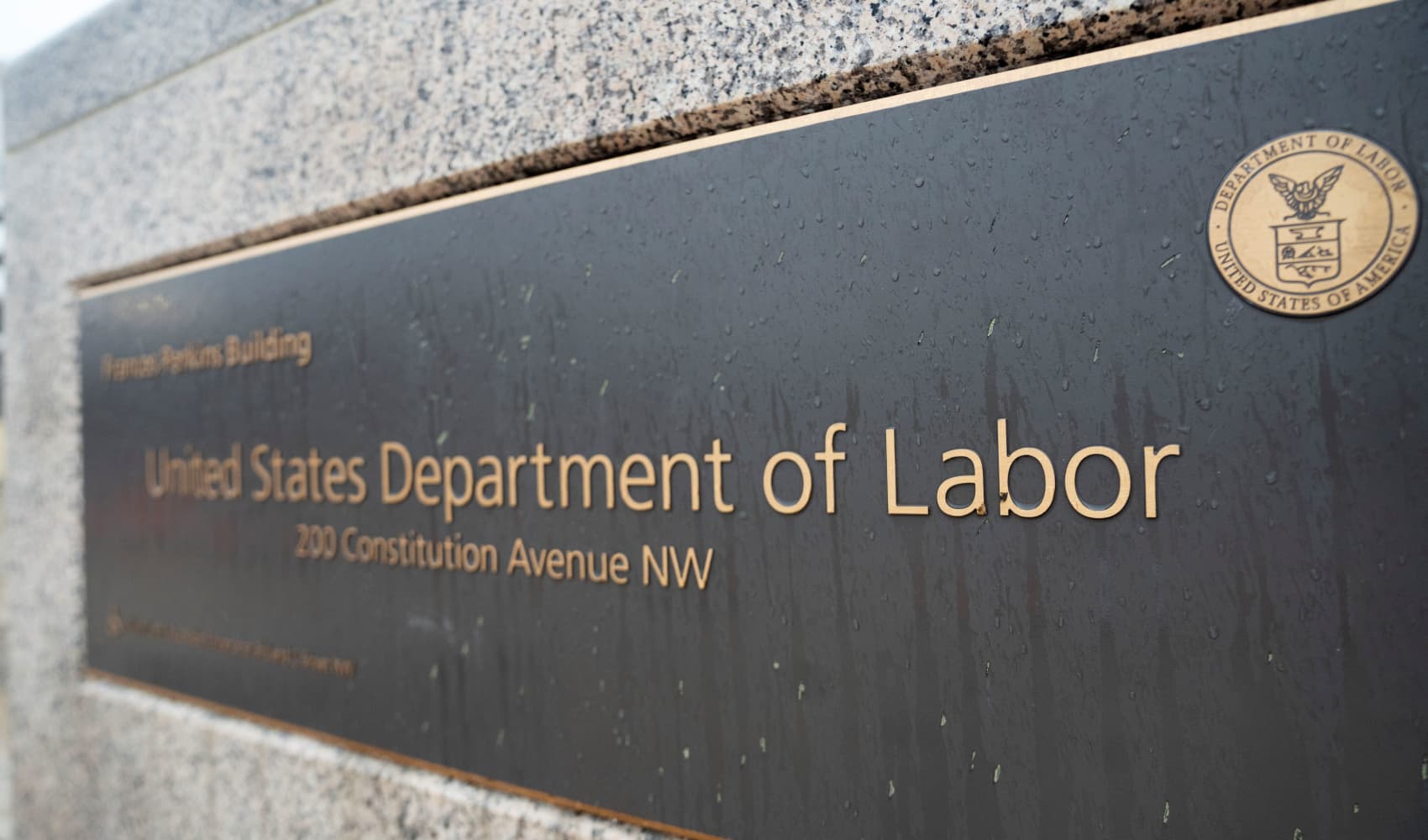
- Your company might allow you to roll over unused 2021 funds into 2022 for use next year, regardless of whether the money is in a health-care or dependent-care FSA.
- There's a good chance you won't be able to take advantage of a higher 2021 contribution limit for dependent care FSAs.
- If you're unsure whether your company adopted any of the temporary rules enacted via legislation, there are several ways to find out, one expert said.
If you heard that the rules for flexible spending accounts are more generous this year, it's true.
Just don't count on being able to take advantage of them.
While congressional legislation expanded certain aspects of both health-care and dependent-care FSAs for 2020 and 2021, it's up to employers whether to adopt the provisions. With many companies holding open enrollment for employee benefit plans around this time of year, it's worth checking to see what your employer is (or isn't) doing before deciding how much to contribute next year.
Get DFW local news, weather forecasts and entertainment stories to your inbox. Sign up for NBC DFW newsletters.
More from Personal Finance:
Here's the tax bill for Powerball's $699.8 million jackpot
8 money moves to help you make up for lost income
Here's how some states have become global tax havens
Both types of FSAs let you save pre-tax dollars to help cover either qualifying medical expenses or dependent care expenses like child care. In typical years, any unused money in your health or dependent care FSA account at the end of the plan year (often December) is forfeited.
However, some employers give you a 2.5-month grace period to spend the money. Or, for a health-care FSA only, you may be permitted to carry over $550 into the next year.
Money Report
Regardless of which type of FSA you have, legislation signed into law late last year allows you to roll over any unused funds from 2021 to 2022 for use at any time next year, if your company opts in. This also applied to unused 2020 FSA money, which could be carried over into 2021.
Of the temporary reprieves enacted, this is the one you're most likely to discover your company has adopted, said Lisa Myers, director of client services for the benefits accounts division at Willis Towers Watson.
However, that doesn't mean most companies are onboard. For instance, less than half of the firm's clients are employing the temporary change for unused 2021 funds (which would be used in 2022), Myers said. That's down from two-thirds that allowed carrying over unused 2020 funds into 2021.
For companies that adopted the provision, exactly what's changing depends on what was already offered. If your employer had an FSA grace period, it could be extended beyond the 2.5 months to the end of the plan year (i.e., December 2022). If the company had the $550 carryover allowance for health-care FSAs, that cap could be removed.
"The impact would be the same," Myers said. "If adopted, the employer would allow [participants] to use unused funds from 2021 in 2022."
Meanwhile, the limit on contributions to dependent-care FSAs was expanded for 2021 through a separate piece of legislation that was signed into law in March. For married couples filing joint tax returns, the cap is $10,500, up from $5,000. For single filers, the limit is $5,250, up from $2,500.
However, don't be surprised if you don't have access to the expansion.
"We had just a handful of clients who adopted that," Myers said.
One of the reasons for this, she said, could be that it would make it harder for a company to pass non-discrimination testing for benefits — generally meaning any changes are not allowed to unfairly favor higher-paid executives or key employees. Or, maybe the employer determined that allowing the carryover of funds for dependent care FSAs would be a helpful solution to having more available this year to cover qualifying expenses.
The temporary rules also allow your employer to permit mid-year changes to contributions for either type of FSA, which typically is not permitted unless there's a qualifying life change like marriage or the birth of a child. The IRS also allowed this in 2020.
Additionally, if you leave your company, you can now continue to access your FSA for the rest of the year if your company lets you. Typically, you'd lose access to your FSA unless you stayed on your employer's health plan under COBRA, which allows workers to stay on their ex-employer's insurance for up to 18 months.
If you're unsure whether your company is adopting any of the provisions, there are several ways to find out.
"This is the time of year when many employers are sending open enrollment emails, and there will likely be links to information that will let employees know which of those temporary relief provisions they've adopted," Myers said.
You can also check your company's internal site for an enrollment guide or attend a virtual session focused on employee benefits if your company offers it, she said.






